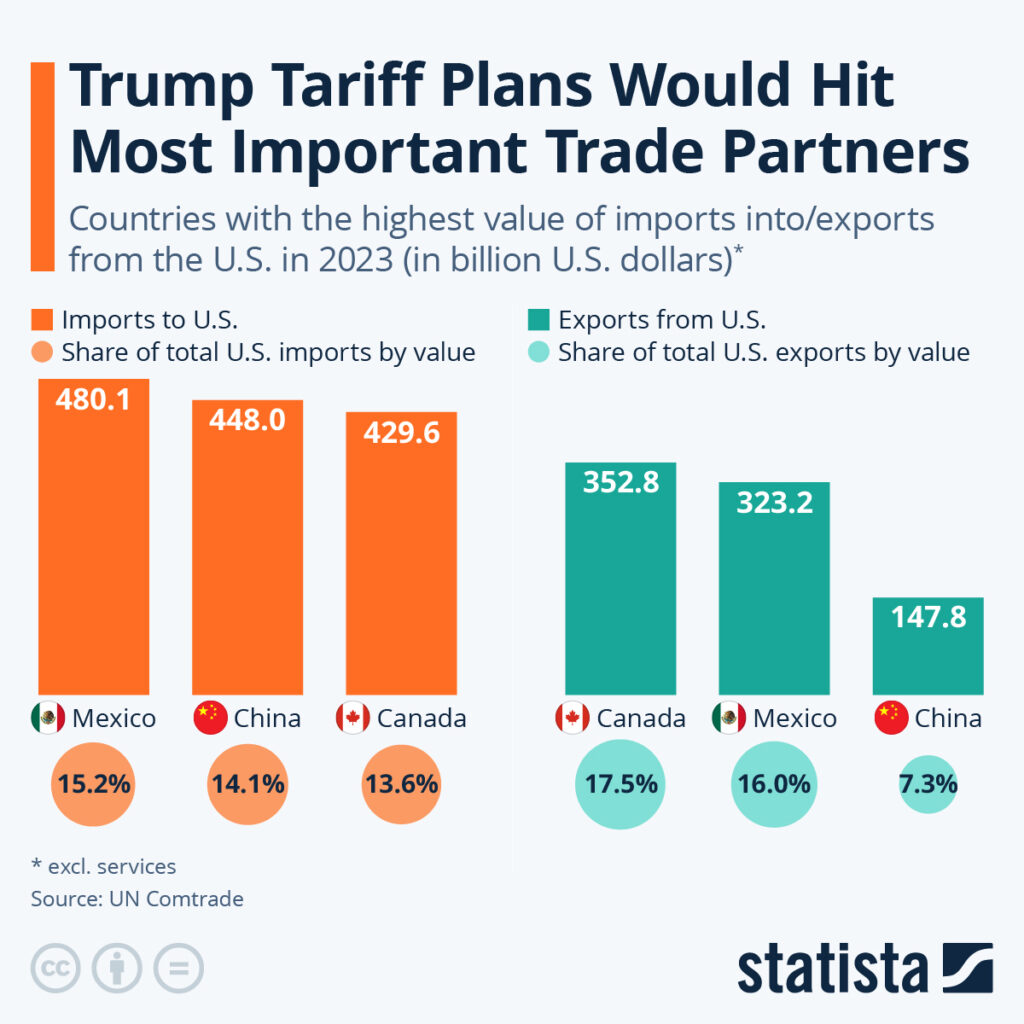
2-3 #YearofSnake : The Pebble smartwatch is coming back; Apple has allegedly canceled a project to build advanced AR glasses; Google has now announced a “voluntary exit program”; etc.

The DeepSeek R1 LLM (large-language model) was trained on Nvidia H100 but uses an Huawei Ascend 910C chip for inference, which is the action of using the trained model to generate responses. However, the Ascend 910C’s relatively lower performance limits its suitability for training. Huawei plans to address this issue with the upcoming 920C chip aims to compete with Blackwell B200, the leading Nvidia chipset for AI operations. (GSM Arena, Twitter, Sohu)
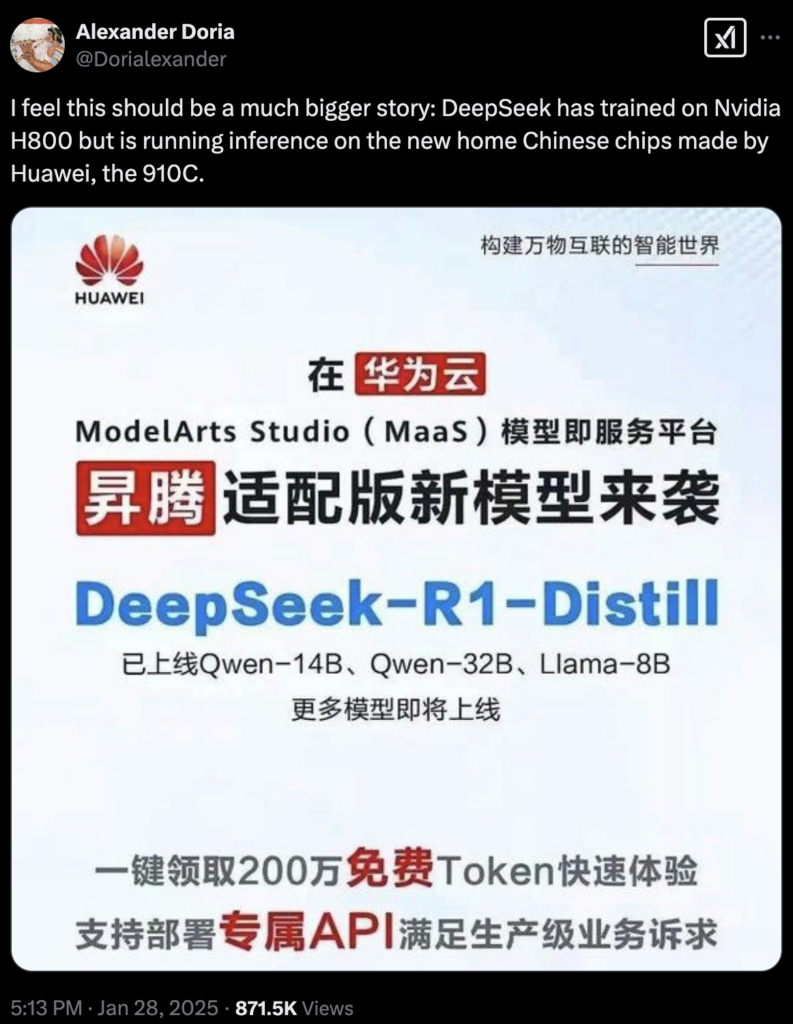

Apple is reportedly in the final stages of selecting a key supplier for its next-generation foldable display technology. Apple has maintained strict technical requirements for potential suppliers, focusing on maintaining current industry standards for thickness, size, and curvature radius while demanding significant improvements in durability and crease prevention. The supplier selection process is reportedly expected to conclude between late Feb and early Apr 2025, though Apple has not yet made a final decision. (Apple Insider, MacRumors, Naver)
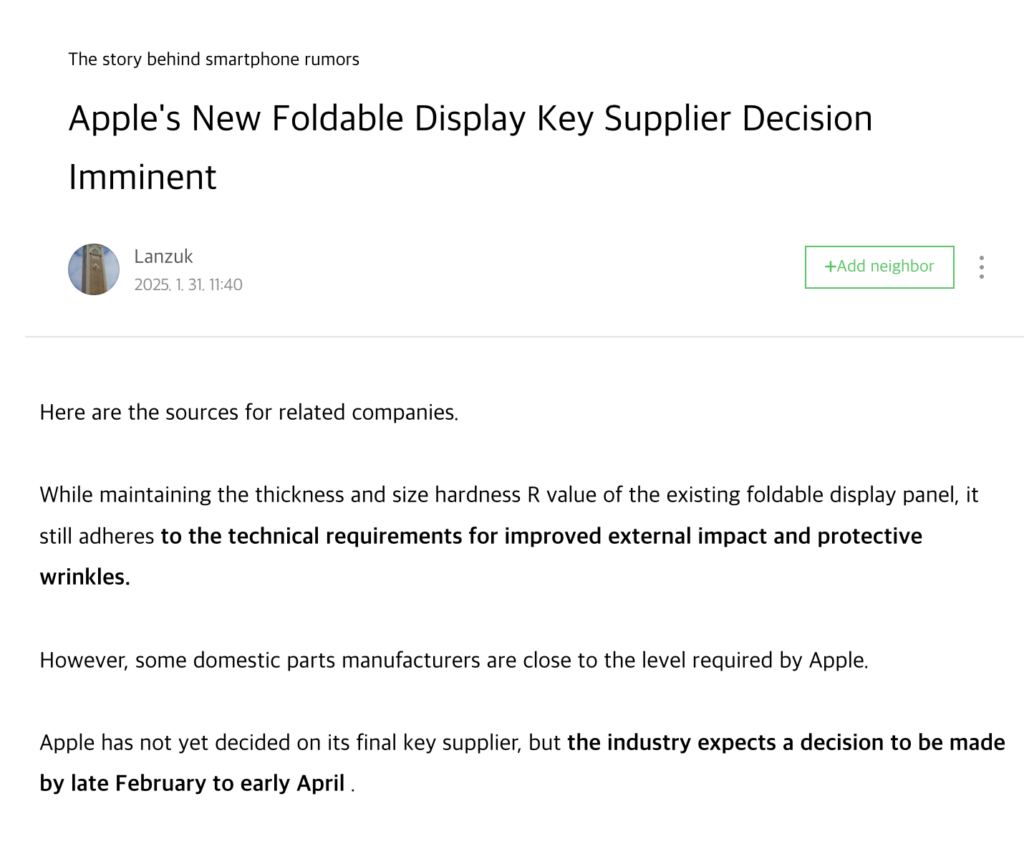
Segyung Hi-Tech and Samsung Display have jointly applied for a patent, titled “Display device and manufacturing method thereof” (application number: 1020230068432), for a protective film and impact-resistant layer that can be used in foldable panels. The impact-resistant layer contains a polymer material, which improves the impact strength and makes it thicker, which also improves durability. he manufacturing process can be simplified by first forming the light-shielding layer on the protective film, and then directly coating the impact-resistant layer containing the polymer material on top of it. Segyung Hi-Tech is exclusively supplying Samsung Display with a protective film that is attached to the cover window Ultra-Thin Glass (UTG) used in Samsung Electronics’ foldable phone. The protective film protects the UTG from external impact and supports functions such as anti-fingerprint and improved touch sensitivity.(Phone Arena, The Elec)
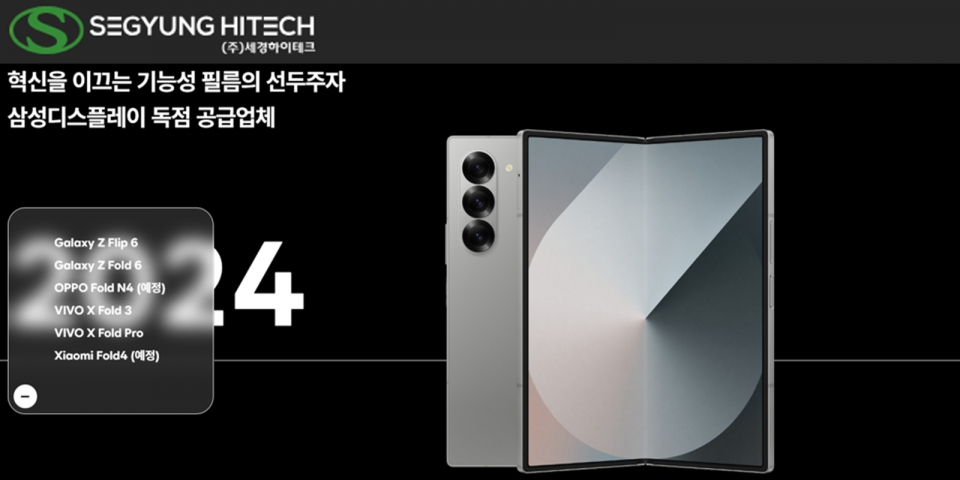
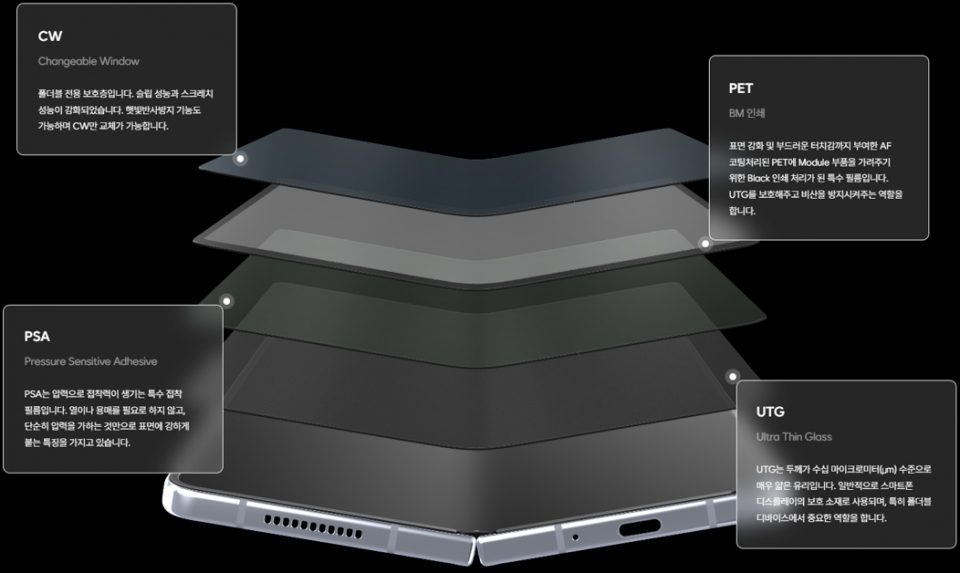
Samsung could call its tri-fold phone the Galaxy G Fold. It will have a 9.96” display and would have a height of 6.54”. The display and film are rumored to be developed from scratch and never used on any fold. DSCC’s Ross Young has indicated that Samsung may launch the tri-fold phone in 3Q25. (Neowin, Naver, Twitter, CN Beta, Android Headlines)
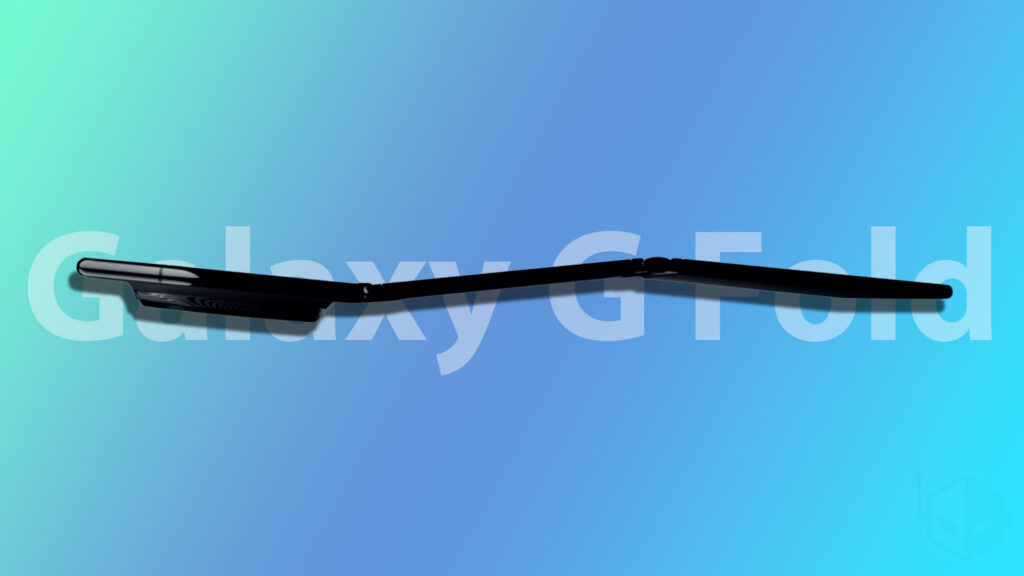


OPPO’s patent filed at the World Intellectual Property Organisation (WIPO) details how the company plans to make the existing airbag technology, which is also used by Huawei in the Huawei Watch D2, used for measuring blood pressure more efficient. OPPO proposes a different mechanism that eliminates the air path by integrating it into the strap of the watch. When the watch head is attached to the strap of the watch, it creates an air path, which in turn eliminates the need for having a separate air nozzle for inflating the airbag while taking blood pressure measurement. The patent proposes that the watch head has a shell assembly, which houses an air pump and the air path. This air pump inflates and deflates the airbag via the air path, which connects the air pump to the outside of the watch head using an opening.(Gizmo China, WIPO, 91Mobiles)
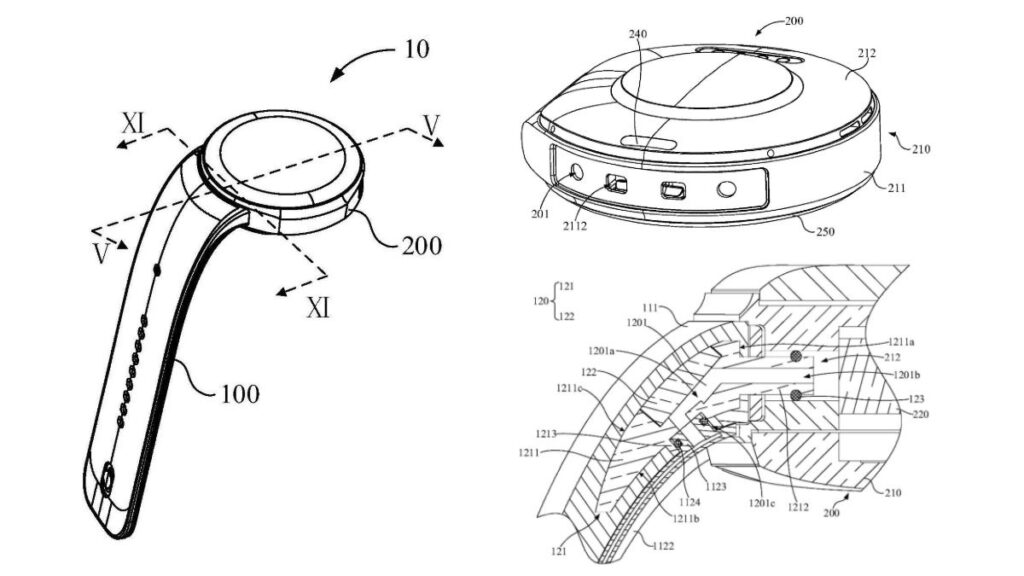
Samsung has announced that its connected appliances and smart home devices will soon be able to act as motion and sound sensors for its smart home platform SmartThings. This includes its televisions, Music Frame speaker, Family Hub fridge, and more. This ambient sensing will use motion and sound sensors in Samsung appliances to suggest automations and experiences based on wellness, security, energy savings, and entertainment. It will enable SmartThings to “recognize you and understand your daily activities like cooking, exercising, sleeping, etc., so your home can create the perfect environment for you”. (The Verge, SmartThings)
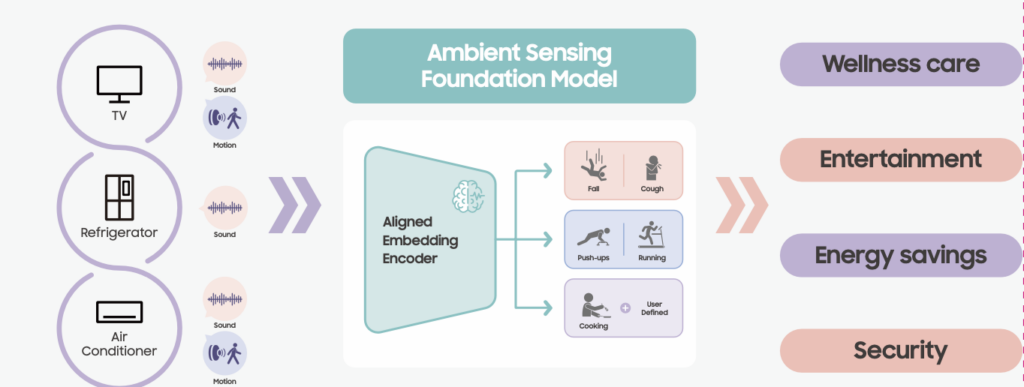

Samsung is making an official “Magnetic Wallet” for its Galaxy S25 series, despite the phones not actually having built-in magnets. The Galaxy S25, S25+, and S25 Ultra are the first “Qi2-Ready” smartphones, adopting the Qi 2.1 standard with the ability to offload magnets to cases instead of leaving them inside of the smartphone, as was previously required. The placement of the charging coil in Samsung’s new devices puts many Qi2 / MagSafe accessories, particularly wallets, in a place where the lowest cameras are partially covered. (Android Central, Samsung, 9to5Google)
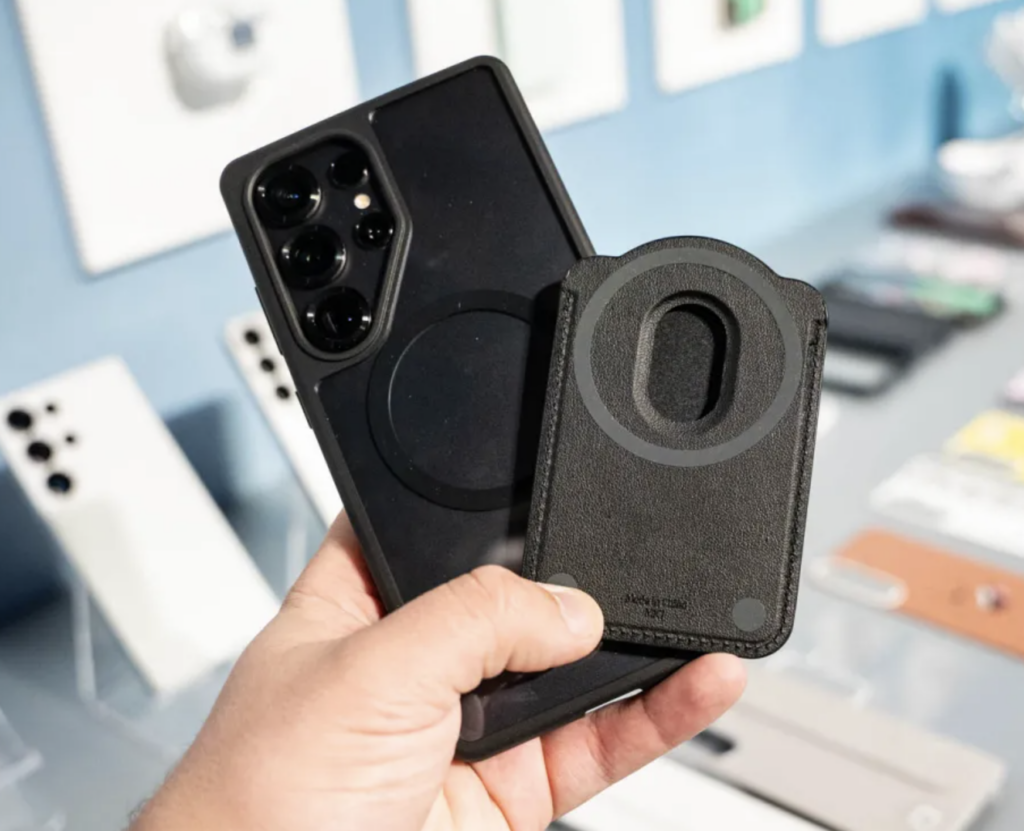

Apple CEO Tim Cook has revealed that there are more than 2.35B active iPhones, iPads, Macs, and other Apple devices worldwide. Apple last shared its active install base numbers in Feb 2024, when the company had 2.2B active devices worldwide. (MacRumors, CN Beta, Apple Insider, Apple)
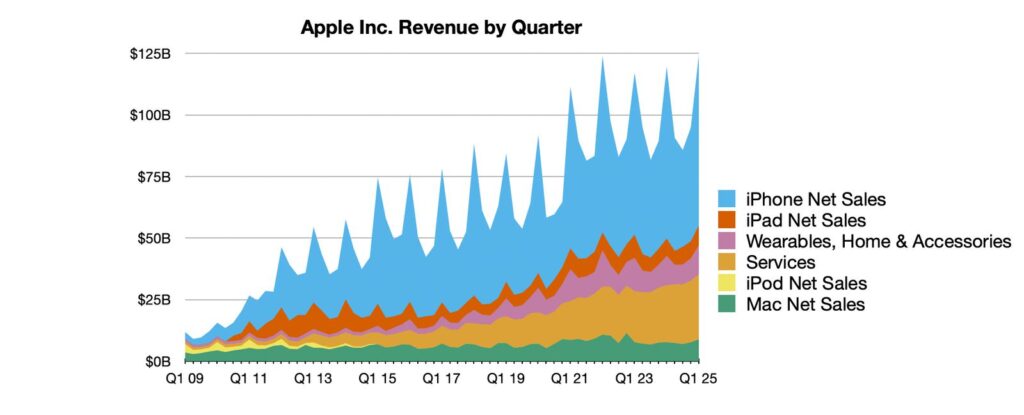
Audio streaming company Spotify said it paid USD10B to the music industry in 2024. The company added that it has paid nearly USD60B to the music industry since its founding. According to a report by the International Federation of the Phonographic Industry (IFPI), the music body that represents artists, there are more than 500M paid music streaming users worldwide. According to Spotify’s 3Q24 filing, Spotify has more than 252M users. Spotify said that more than 60% of its users currently use the ad-supported free version. (CN Beta, Spotify, IFPI)
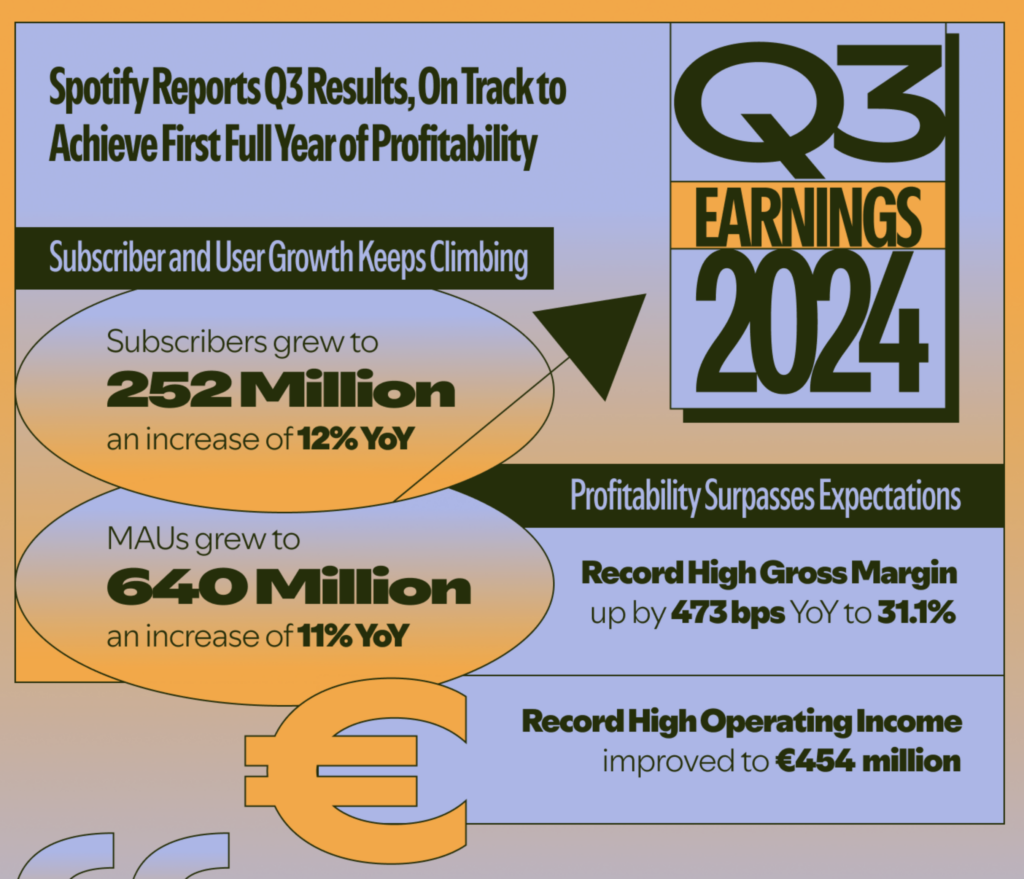
In 2024, the teams responsible for Pixel hardware and Android software were merged into one division, and Google has now announced a “voluntary exit program” for employees working in the Platforms & Devices group. SVP Rick Osterloh sent out a memo to employees this morning about the “voluntary exit program”. This program applies to US employees working on Platforms & Devices, which includes Android (Auto, TV, Wear OS, XR), Chrome, ChromeOS, Google Photos, Google One, Pixel, Fitbit, and Nest. (Phone Arena, 9to5Google, The Verge)
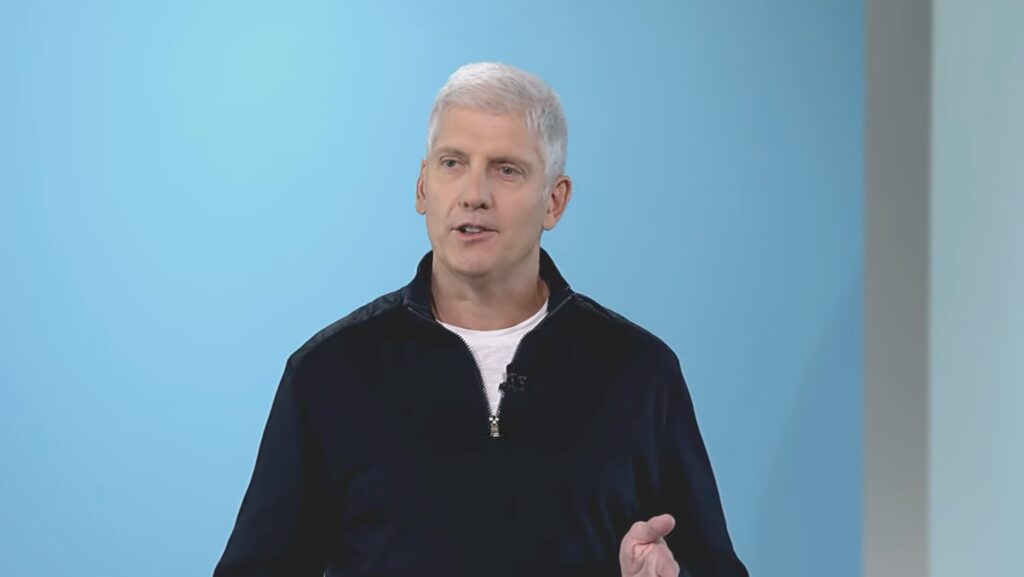

The Pebble smartwatch is coming back, revealed Eric Migicovsky, founder of the company. It will have “basically the same specs and features as Pebble, though with some new fun stuff as well”. The original Pebble smartwatch launched in 2013. Eventually Fitbit acquired Pebble and then Google acquired Fitbit. The founder is assembling a small team focused on developing a sustainable solution. He encourages the team to “continue designing exciting gadgets” while maintaining the same specifications and features, along with introducing some enjoyable new options.(Liliputing, Eric Migicovsky, GSM Arena, Google)
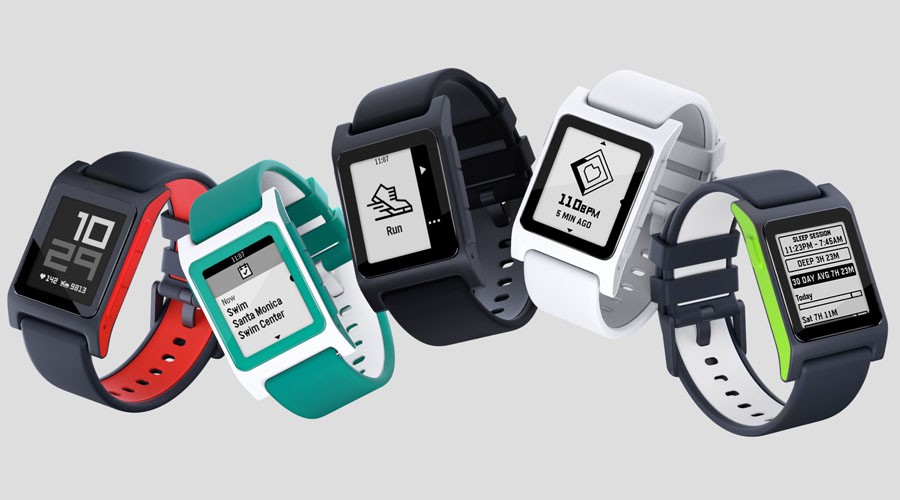

According to Meta’s CEO Mark Zuckerberg, over 1M units of the Ray-Ban Meta glasses were sold in 2024. The Ray-Ban Meta glasses start at USD300, with polarized models offered for USD330 and transition lens models for USD380. For comparison, the previous generation, called Ray-Ban Stories, sold less than 300K units in 16 months. (Android Headlines, The Verge, UploadVR, WSJ)
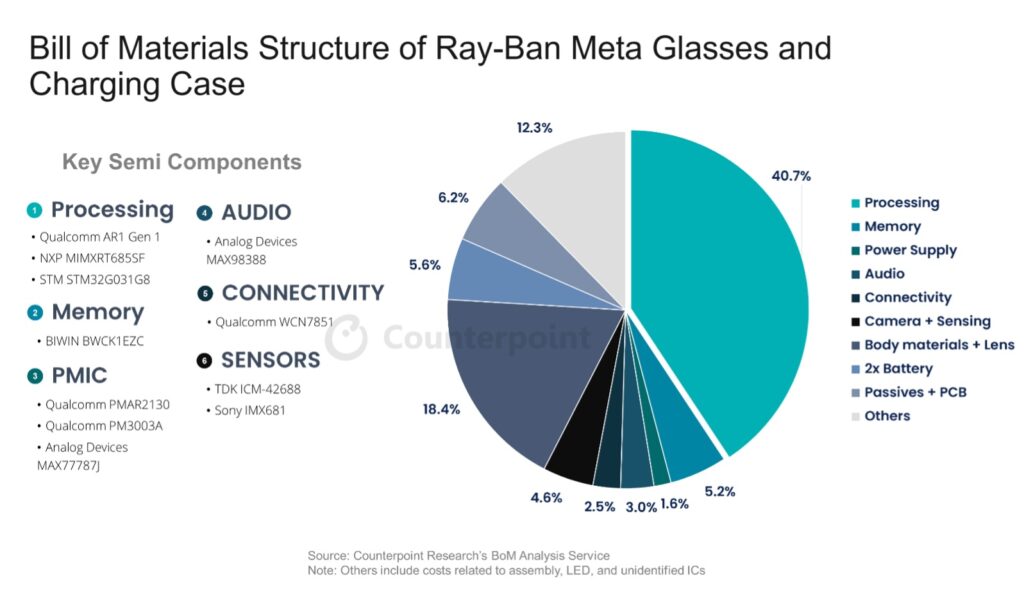
Apple has allegedly canceled a project to build advanced augmented reality (AR) glasses that would pair with its devices. The now-canceled product would have looked like normal glasses but include built-in displays and require a connection to a Mac. Meta is working to create a version that adds augmented reality — the superimposing of images and data on real-world views — and expects to have a product ready by 2027. That is when Apple had previously intended to sell its device-connected glasses, which were code-named N107. The decision to wind down work on the N107 product followed an attempt to revamp the design. The company is still working on successors to the Vision Pro, including updated versions of the original model. It also has other concepts in the works, such as AirPods with cameras, and executives still hope to eventually create a set of standalone AR glasses someday. (Android Authority, Apple Insider, Bloomberg, Digitimes, Yahoo)
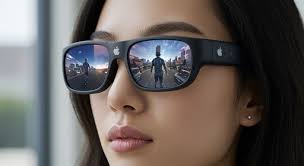

OpenAI has announced that it is entering into a partnership with the US National Laboratories, a partnership that the AI giant claims will “supercharge their scientific research using our latest reasoning models”. The ChatGPT creator recently launched ChatGPT Gov, which is basically a special version of ChatGPT made for U.S. government agencies. In Dec 2024, OpenAI collaborated with Anduril Industries, a defence tech startup, to integrate its technology into the U.S. military counter-drone systems. OpenAI says that the o-series reasoning models, which will be provided to the U.S. National Labs, will be deployed on Venado at Los Alamos National Laboratory (LANL).(Digital Trends, OpenAI)
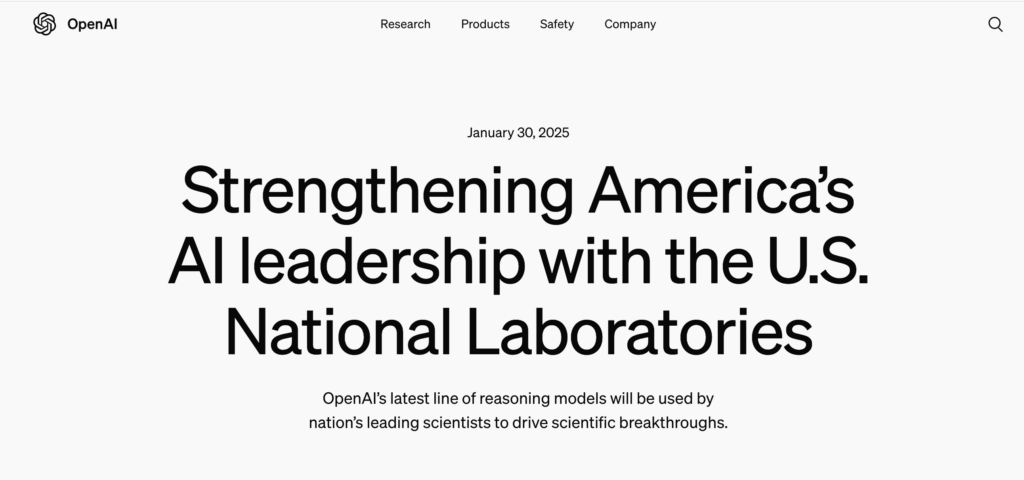
Meta’s CEO Mark Zuckerberg has announced that Meta would spend more than USD60B in 2025 alone on capital expenditures, primarily on data centers. He has further said spending heavily on AI infrastructure will continue to be a “strategic advantage” for Meta. Meta’s goal with its next model, Llama 4, is to make it the world’s most competitive, even compared to closed models (like ChatGPT), Zuckerberg said. He added that he expects it to have agentic capabilities — something both OpenAI and Anthropic have moved into — along with multimodal ones.(Android Headlines, TechCrunch, TechCrunch, Reuters)
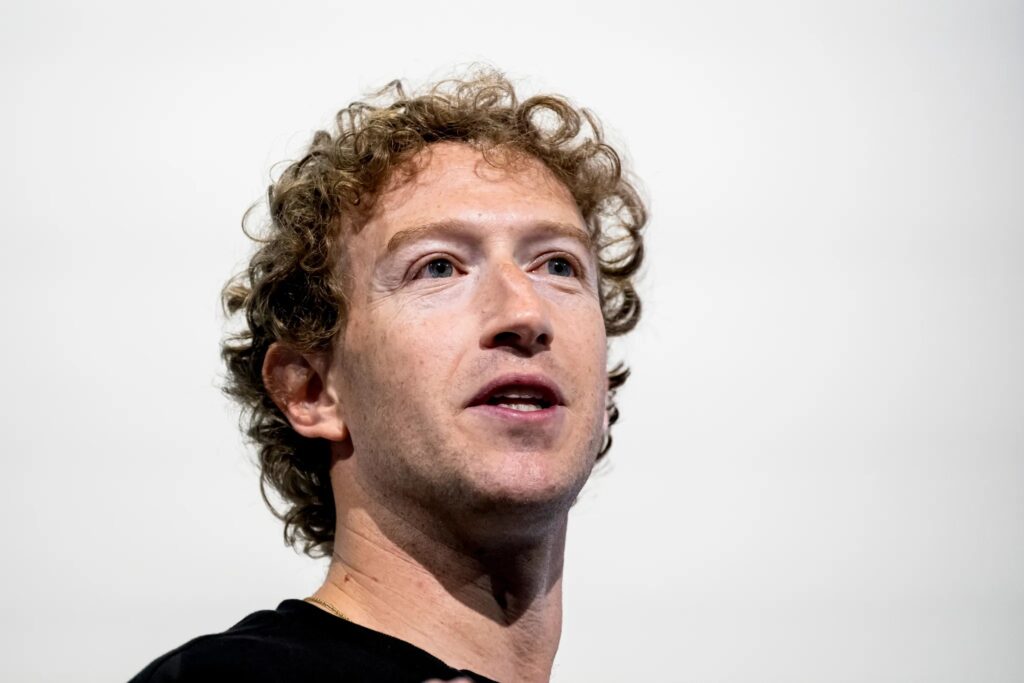
OpenAI has announced the availability of o3-mini models in ChatGPT and the API for developers. The o3-mini model will provide an option for users to select between three reasoning levels: High, Medium, and Low. The Low level will be the fastest but less accurate, while the High level will be the slowest but more accurate. Until now, OpenAI’s o1 series reasoning models were available only for ChatGPT paid tier users. With o3-mini, OpenAI is bringing the reasoning capabilities to free ChatGPT users as well. OpenAI claims that o3-mini with medium can match the performance of the OpenAI o1 model in math, coding, and science. The main highlight here is that the o3-mini is able to deliver it at a significantly lower cost and also with less time.(GSM Arena, TechCrunch, Neowin, OpenAI)
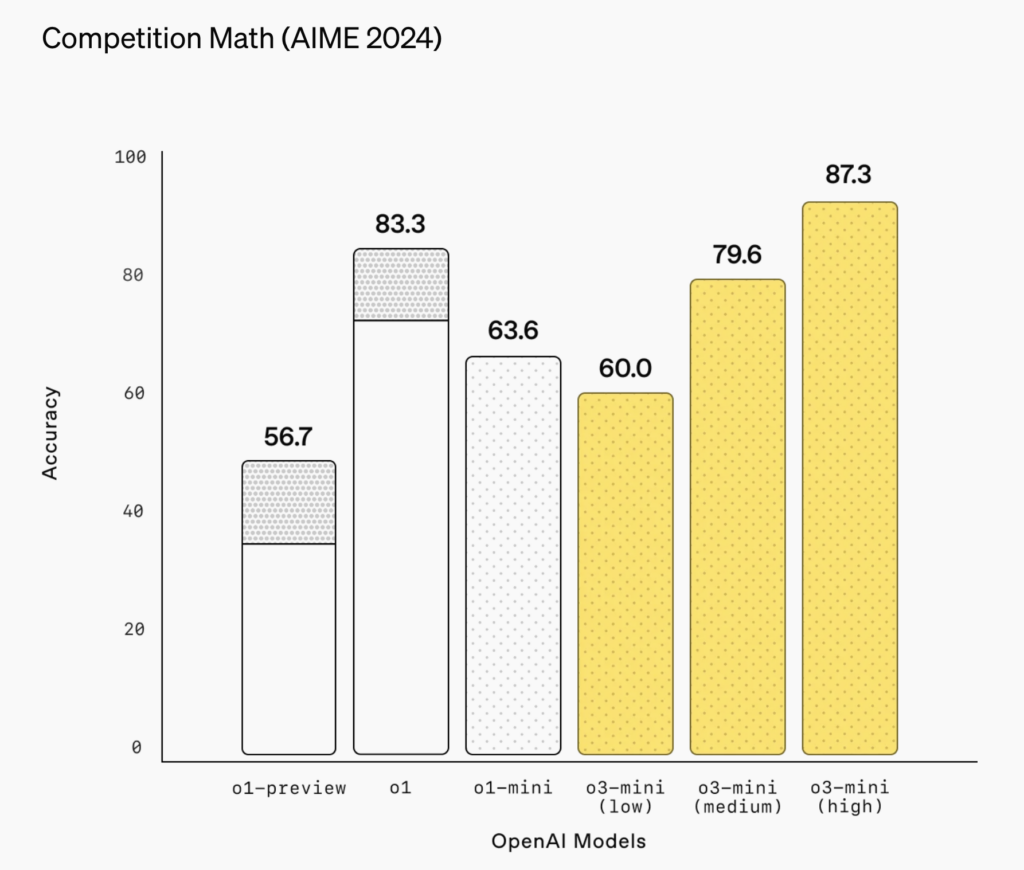
India’s Union Minister Ashwini Vaishnaw has confirmed that India is working on its own AI model that will be affordable and unbiased to rival ChatGPT and DeepSeek. It will support native Indian languages and understand the context and needs of the local users. The project is being developed by top researchers in the country and will be ready in the next 8-10 months. The government will also subsidize the research and development of these foundational AI models. Ashwini mentioned that India’s AI model will be trained on 18,693 GPUs. He further added that OpenAI’s ChatGPT was developed on 25,000 GPUs, while DeepSeek was made with just 2,000 GPUs. The project is already in development and India currently has an AI facility with 10,000 active GPUs. The Union Budget 2025 has also allocated INR10,000 crores to boost the development and adoption of AI. The government will provide financial assistance to AI startups and top talents in the country to accelerate India’s AI mission. (Gizmo China, MySmartPrice)
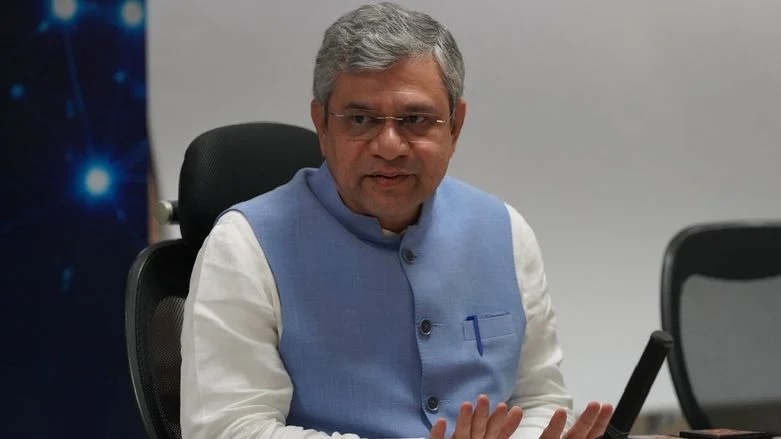

Amazon has announced that the company’s first UK drone deliveries will take flight in Darlington, England. Amazon is taking the initial steps to get Prime Air deliveries off the ground in the area, working with the Civil Aviation Authority (CAA) for authorization to fly its drones in the airspace. Once Amazon has approval, it will begin hiring team members to launch drone deliveries out of its Darlington fulfilment centre. Other drone companies have already launched delivery services in the UK, with Skysports partnering with the Royal Mail service for commercial deliveries, and Zipline teaming up with the National Health Service to deliver medical supplies to hospitals and other healthcare providers. (The Verge, Amazon)
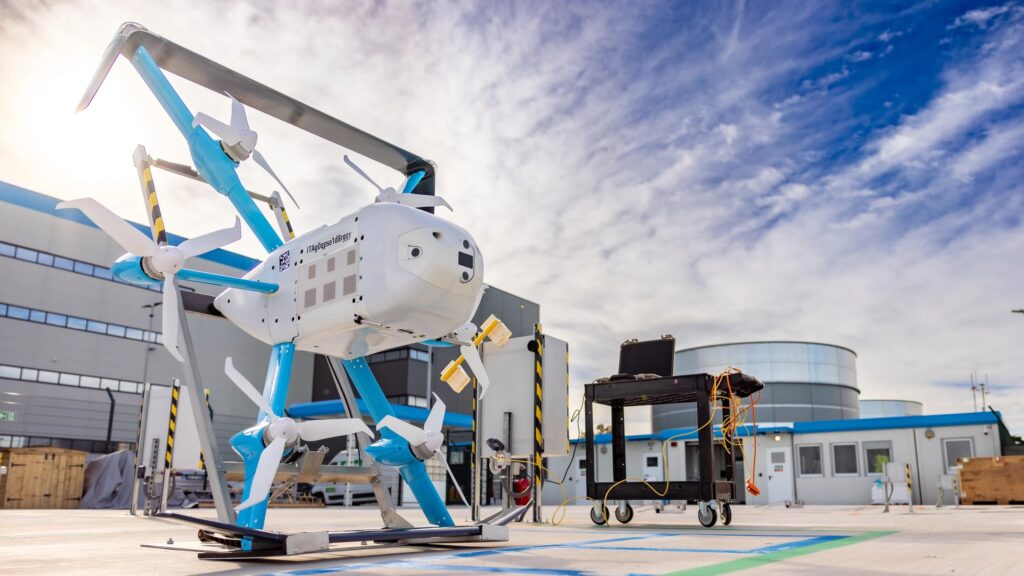

US President Donald Trump has signed executive orders to impose tariffs on Mexico, Canada and China under the International Emergency Economic Powers Act (IEEPA), claiming the move is meant to hold the US’ largest trading partners “accountable to their promises of halting illegal immigration and stopping poisonous fentanyl and other drugs from flowing into our country”. The orders put 25% additional tariffs on imports from Canada and Mexico, the one exception being that energy products from Canada will be subject to a 10% tariff. Imports from China will also face a 10% tariff. (Engadget, White House, US Chamber of Commerce, Statista)
